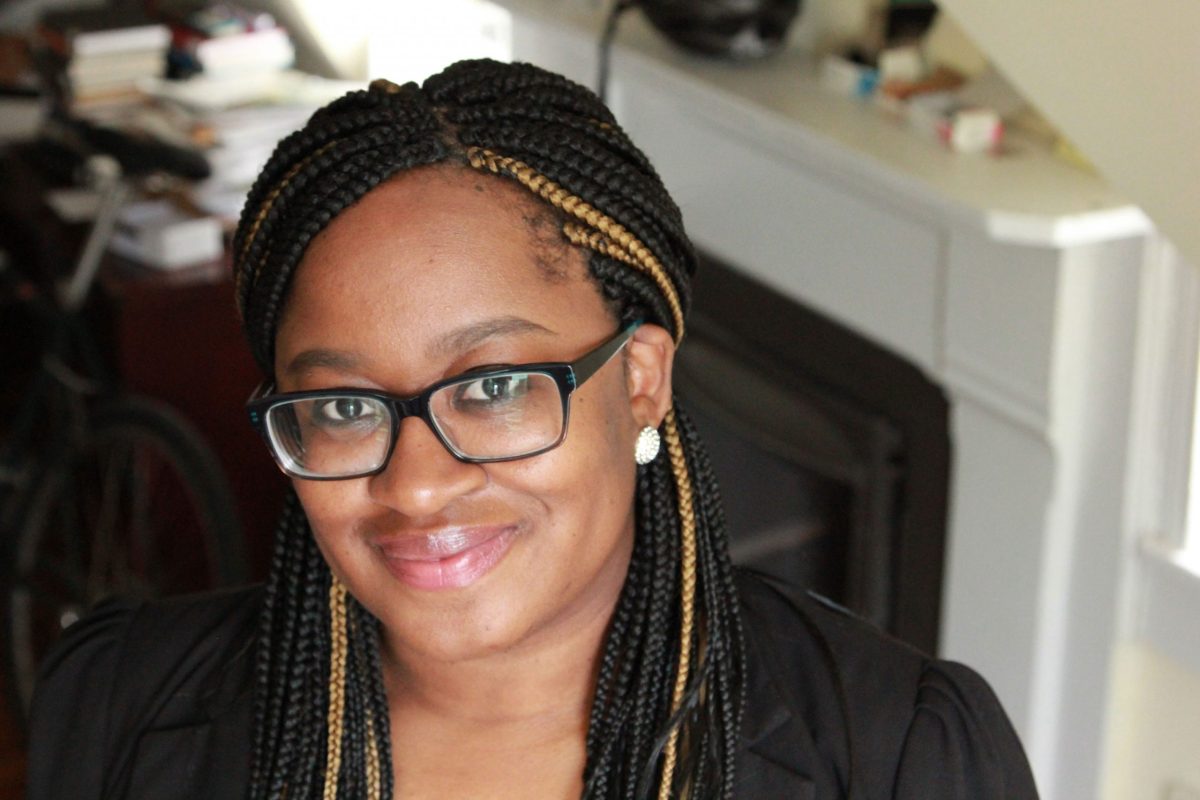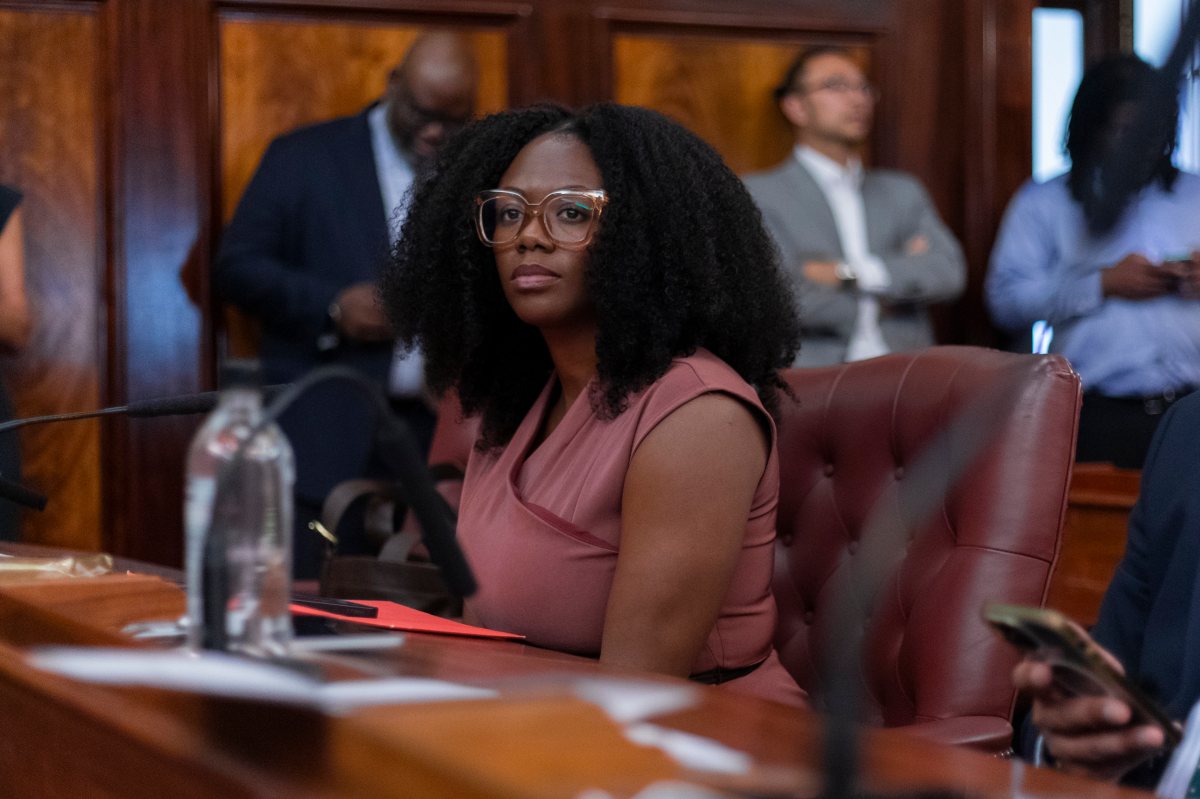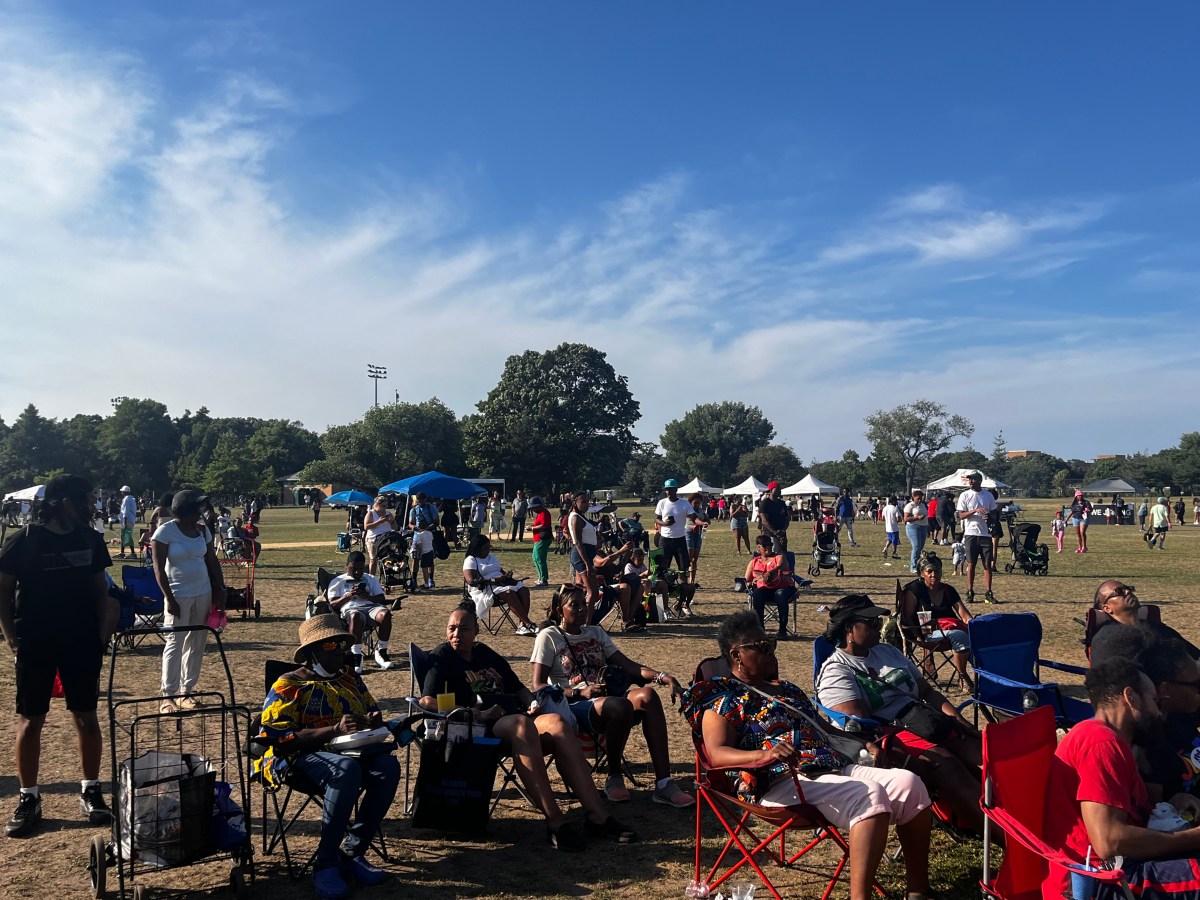BY BEATRIX LOCKWOOD
Ahead of the 155th anniversary of Juneteenth, the holiday marking the abolition of slavery in the United States, Lauren Young and Arlene Washington of Reuters spoke with Keisha N. Blain, an associate professor of history at the University of Pittsburgh and president of the African American Intellectual History Society, as part of our #AskReuters Twitter chat series.
Below are edited highlights.
Arlene Washington: Can you talk about the Black women activists who paved the way for this moment in time?
KB: I think Black women have always been at the forefront of social and political movements in the U.S. and across the globe. We have not always recognized their work but they have always been there working nonetheless, sometimes behind the scenes.
I think about someone like Jo Ann Robinson who organized the 1955 Montgomery Bus Boycott with others in the Women’s Political Council. We still tend to focus on Martin Luther King Jr. He is significant but Robinson and others paved the way.
AW: What is the history of Juneteenth as well as the added significance this year?
KB: Juneteenth represents the day (June 19, 1865) that enslaved Black people in Galveston, Texas, were told they were free. The Emancipation Proclamation had actually gone into effect two and a half years earlier, so the news had been delayed.
Juneteenth effectively marks the end of slavery in the United States. African-Americans have been celebrating this date for decades.
The developments of the past few weeks are painful reminders that we can’t be complacent in the continued struggle for Black rights and freedom. The enslavement of Black people in the U.S. may have ended but the legacies of slavery still shape every aspect of Black life.
I think it’s great to see companies declaring Juneteenth a holiday on Friday, but when workers return on Monday, what exactly will change in these spaces? I think we love symbols as a nation, but I would like to see more tangible steps to bring about necessary change.
LY: Should African-Americans receive reparations?
KB: Yes. I recognize that this would not be easy to facilitate, but we should not shy away from doing so simply because it’s not ‘easy.’ Anything worth fighting for will be challenging. History has taught us that.
I would encourage others to take the time to read the works of economists such as Sandy Darity and Darrick Hamilton. They have presented some concrete and compelling ideas for how this can – and should – be done.
AW: What gives you hope now?
KB: It’s encouraging to see so many people – of all races and backgrounds – standing in support with Black people at this moment. I love the fact that this is a global movement. And I think if we keep pushing, we will win in the end.

































